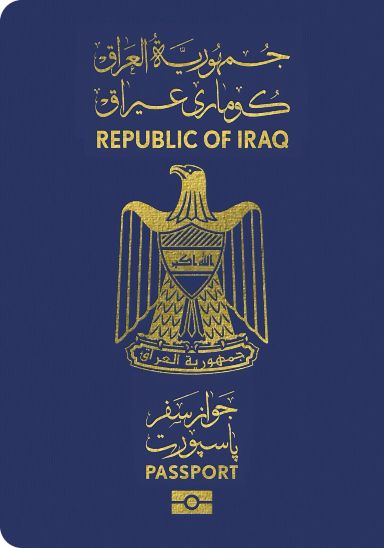Visa free access for Iraq
As an Iraq passport holder, you are permitted to travel visa-free to 30 countries and territories. This data is correct as of September 2024.
In order to travel visa-free, you will need a valid passport, often with at least six months until expiry. Additionally, you may need travel insurance, as required by your destination country.
Within these countries, there is often a separate section in airports where you can submit your Visa on Arrival. You will receive your visa on arrival (VOA) after entering the country that issued the visa.
Acquiring an eVisa follows the same process as applying for a traditional visa. The main difference with an eVisa is that you don’t need to visit a visa application centre. You can submit your application online, including making any payments relating to the visa.
Once the relevant authorities approve your application, you will receive a confirmation email regarding your visa status, along with a document that you must print and bring with you when crossing the border.
You will need a valid visa to enter the 30 countries with an Iraq passport.
About Iraq
Iraq, located in the Middle East, is a country rich in history and culture. It is bordered by Turkey, Iran, Kuwait, Saudi Arabia, Jordan, and Syria. The climate varies across the country, with hot, dry summers and cool winters in the highlands, while the desert regions experience extreme heat in summer and mild winters.
The Iraqi culture is a blend of Arab, Persian, Kurdish and Turkish influences, with Islam playing a significant role in the daily lives of the people. The population is estimated to be around 40 million, with a diverse mix of ethnic groups including Arabs, Kurds, Turkmen, Assyrians, and others.
Economically, Iraq is heavily dependent on its vast oil reserves, which accounts for more than 90% of the nation’s revenue. Agriculture also plays a significant role, with the fertile plains of the Tigris and Euphrates rivers supporting crops like wheat, barley, dates, and cotton.
Despite the challenges faced due to political instability and conflict, Iraq remains a country of immense potential with its rich cultural heritage, natural resources, and resilient population. For anyone interested in exploring Iraq, obtaining an Iraq passport is the first step in this fascinating journey.

 Iraq
Iraq
































































































































































































































